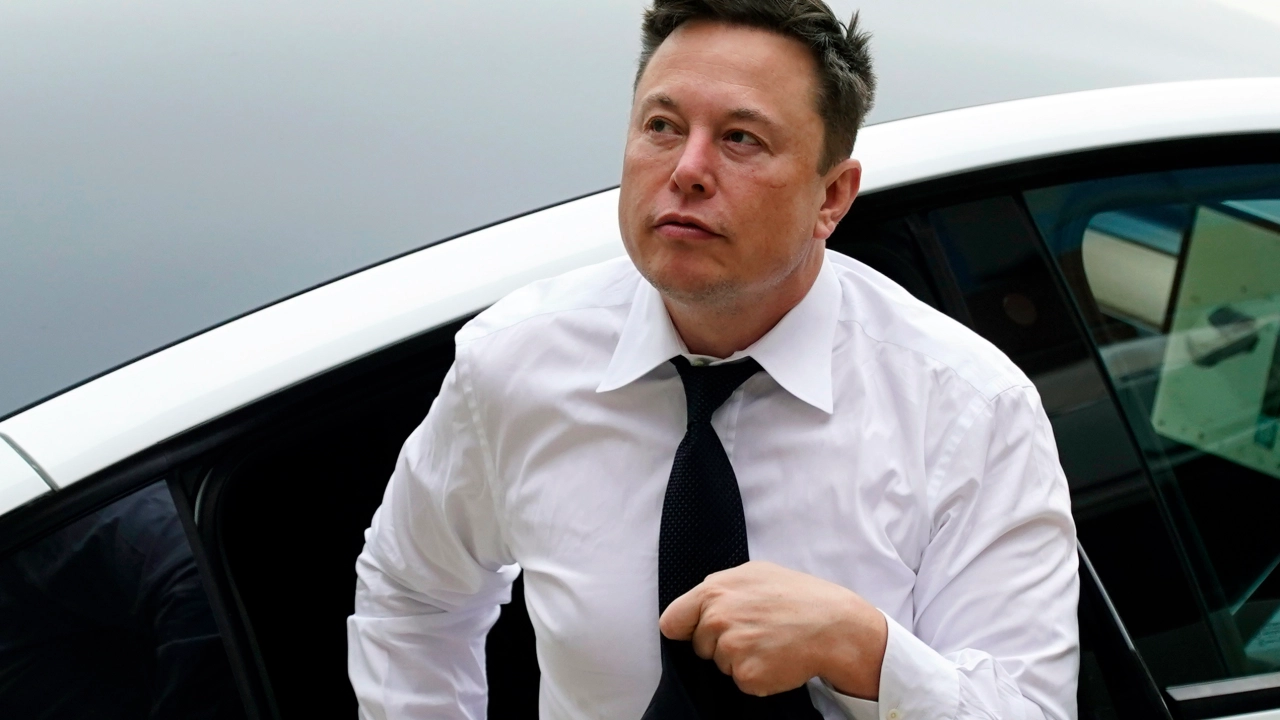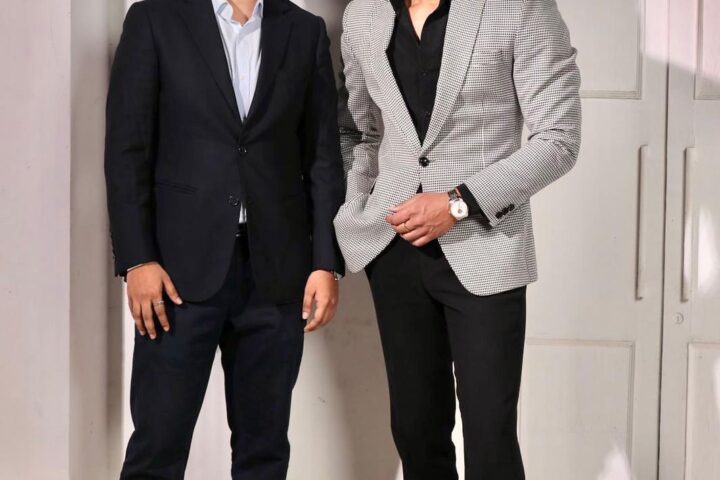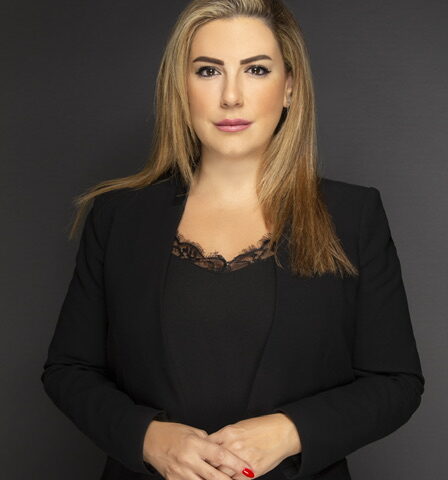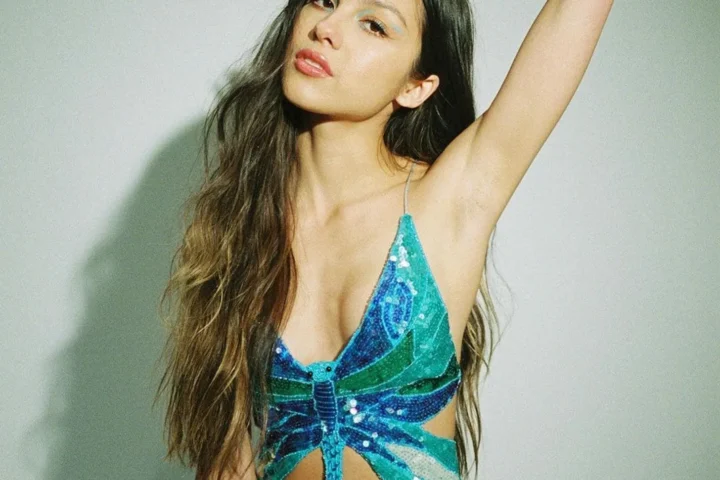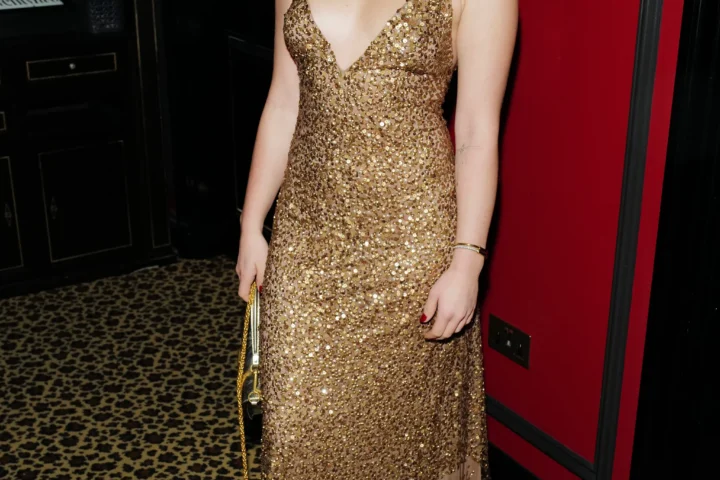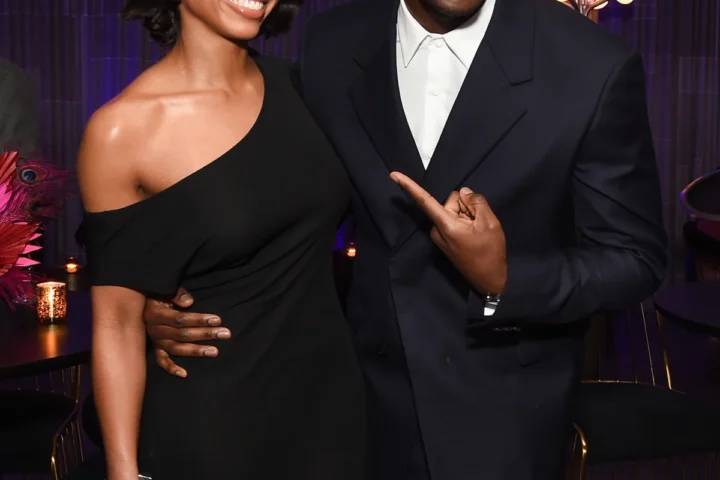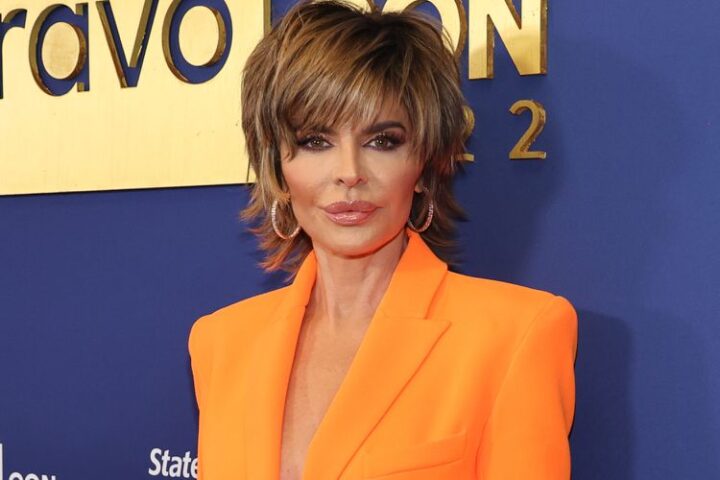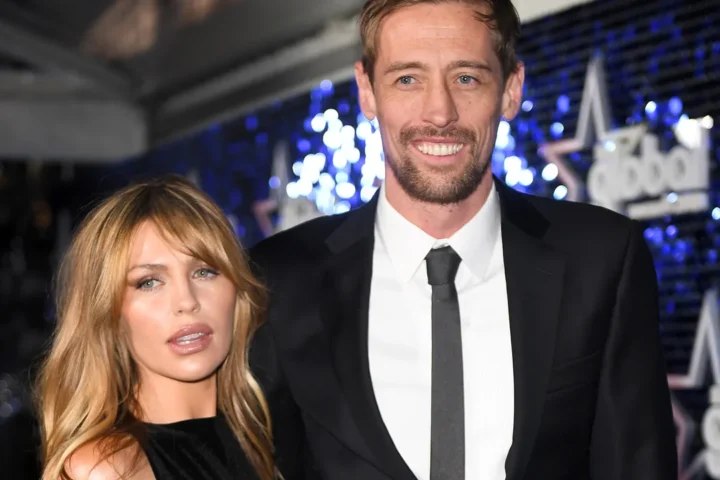Elon Musk’s decision to ban multiple journalists, including himself, from Twitter might have a “chilling affect” on journalism, CNN technology correspondent Donie O’Sullivan warned on Thursday.
O’Sullivan stated on CNN on Thursday night, “In terms of me personally, many of the national reporters at the Times and the Post, we’re OK. “I’m a guest on the Anderson Cooper show. We have a platform. We can post elsewhere, just like when Trump was banned.
He continued, “I do believe this is really important about the potential chilling influence this can have on freelance journalists, independent journalists throughout the world, particularly those who cover Elon Musk’s other firms like Tesla and SpaceX. “I believe there is a tremendous chilling factor here.”
Along with several other journalists who cover Musk and Twitter for publications including The New York Times, The Washington Post, and others, O’Sullivan’s Twitter account was suspended on Thursday night.
Musk justified the suspensions, saying the journalists had broken Twitter’s rules against “doxxing.” Doxxing is the practise of publishing someone’s personal information online without that person’s knowledge or consent, such as emails, phone numbers, and addresses.
In their coverage of his conflict with Jack Sweeney, the operator of a now-suspended Twitter account that followed Elon Musk’s private plane’s movements, the billionaire accused the reporters of doxxing him.
Musk responded to a tweet about the bans on Thursday night by saying, “Criticizing me all day is perfectly acceptable, but doxxing my real-time whereabouts and endangering my family is not.”
O’Sullivan stated, “Musk seems to be merely stamping out accounts that he doesn’t like, as we saw with the jet tracker last night.”
Musk turned to Twitter on Thursday night to ask users how long the suspensions should stay. The messages the journalists initially received from Twitter suggested that the bans were permanent. In a new poll, he seemed to cap the suspensions at one week.
